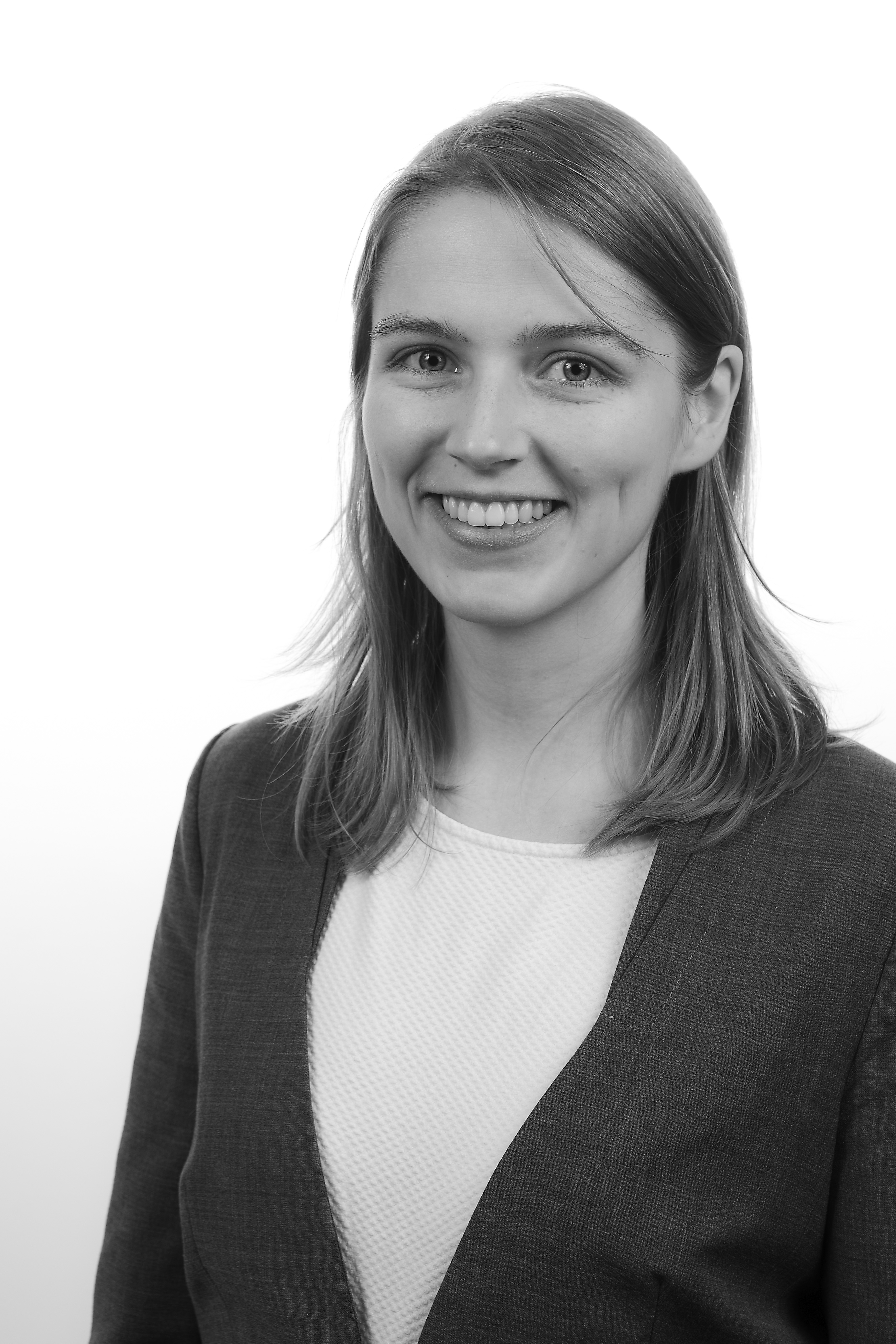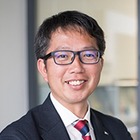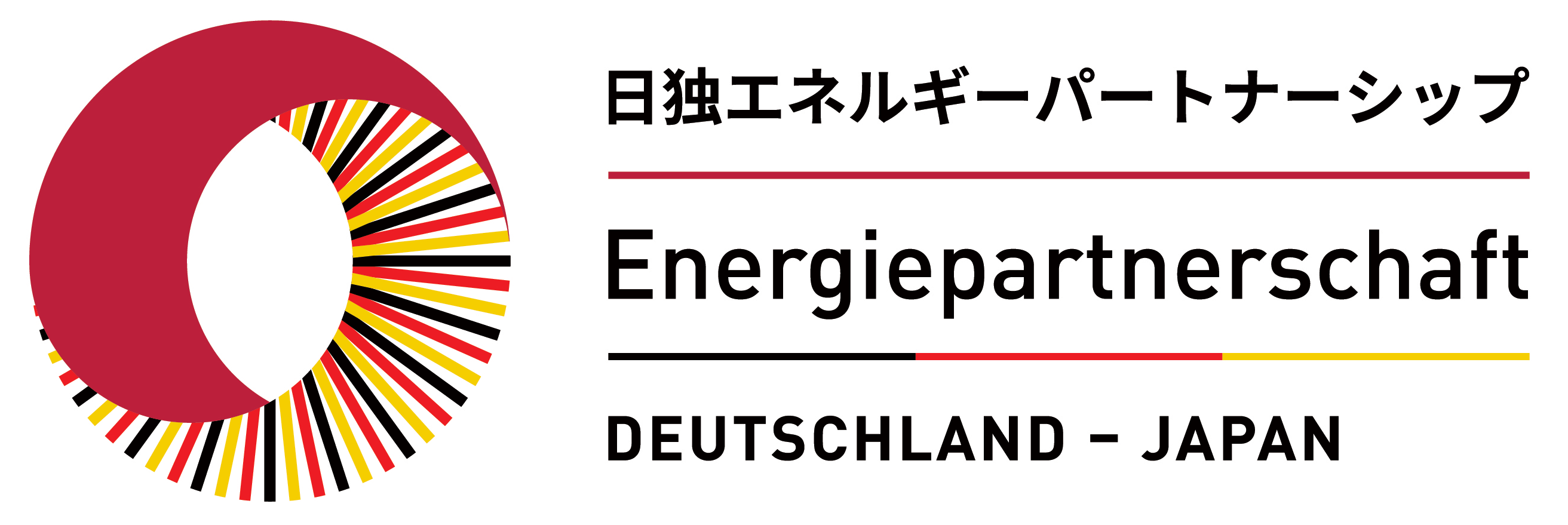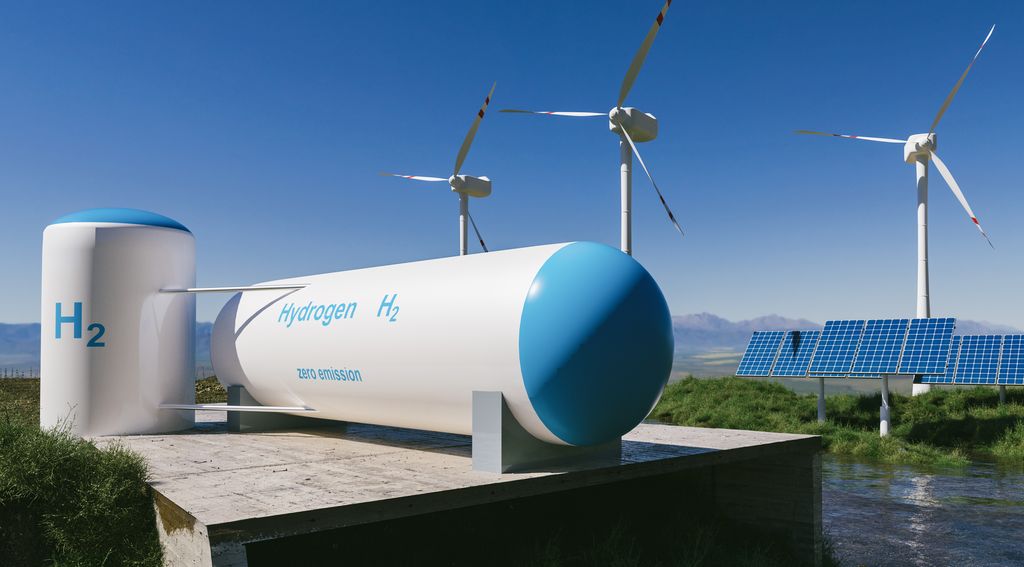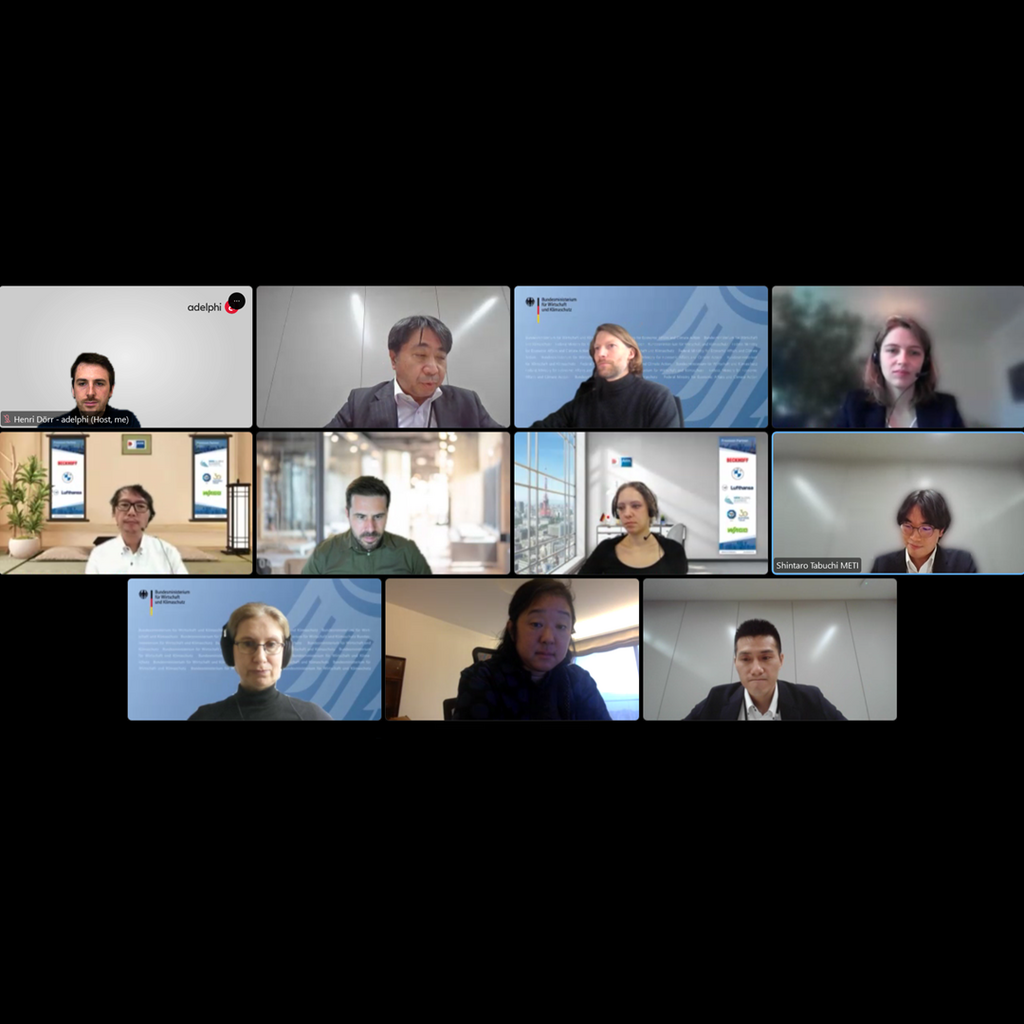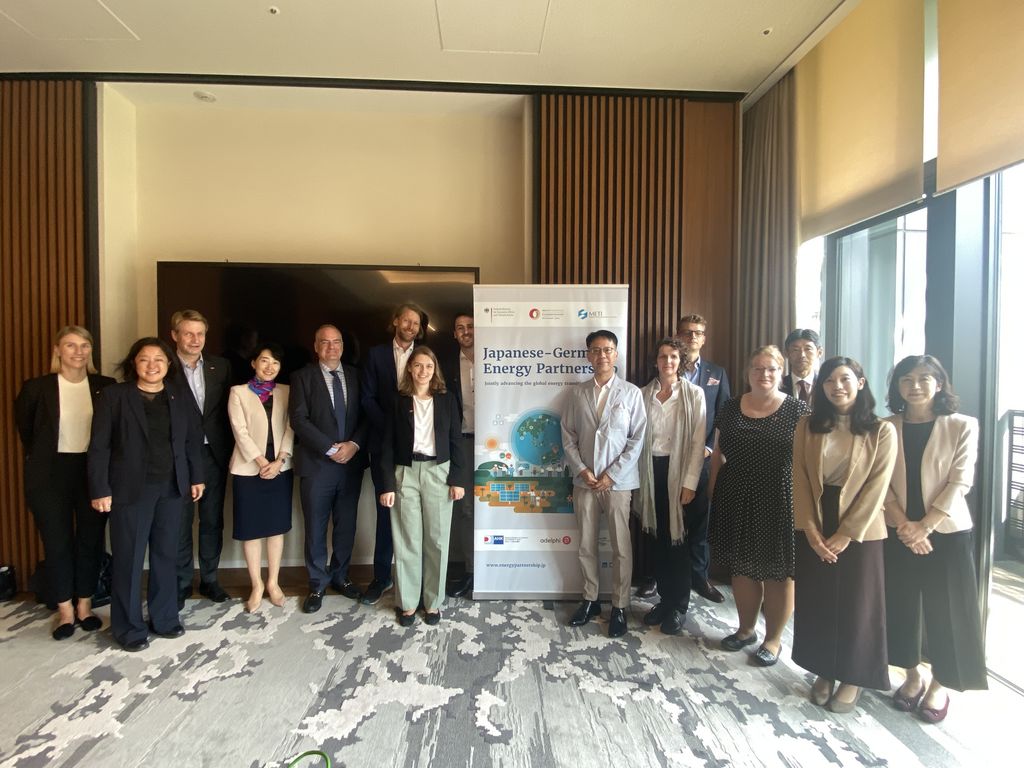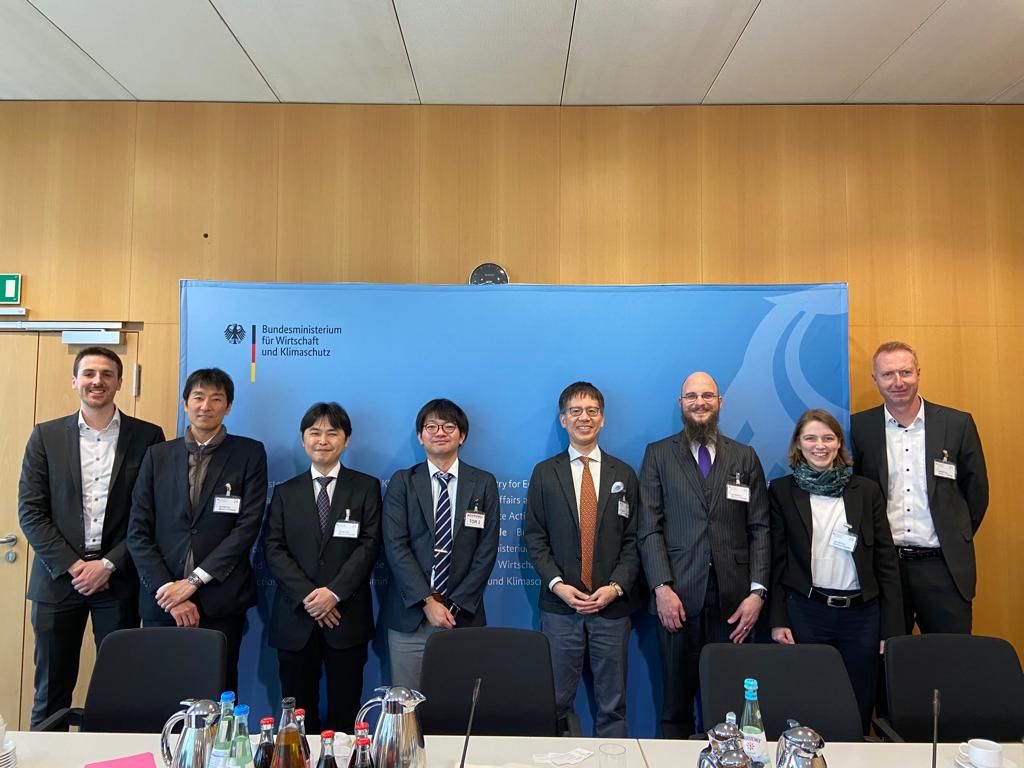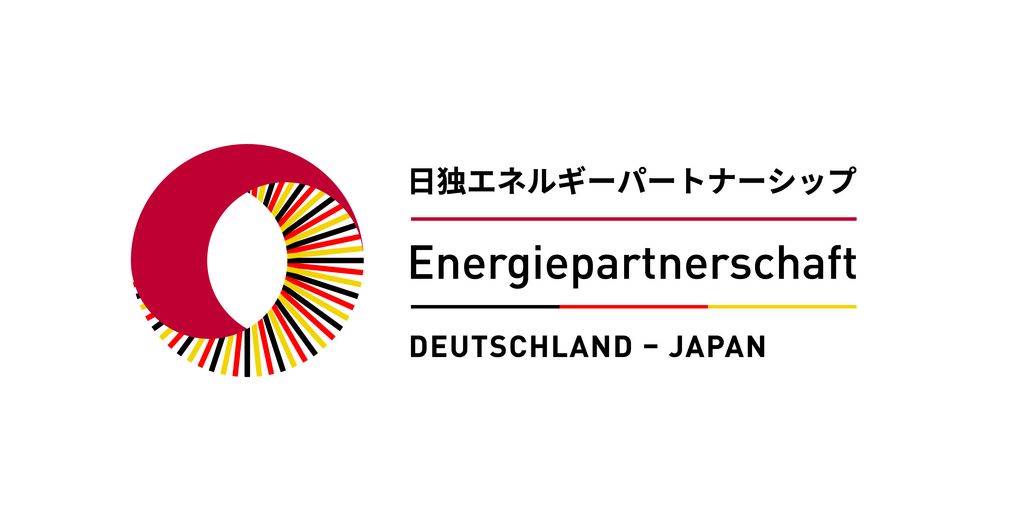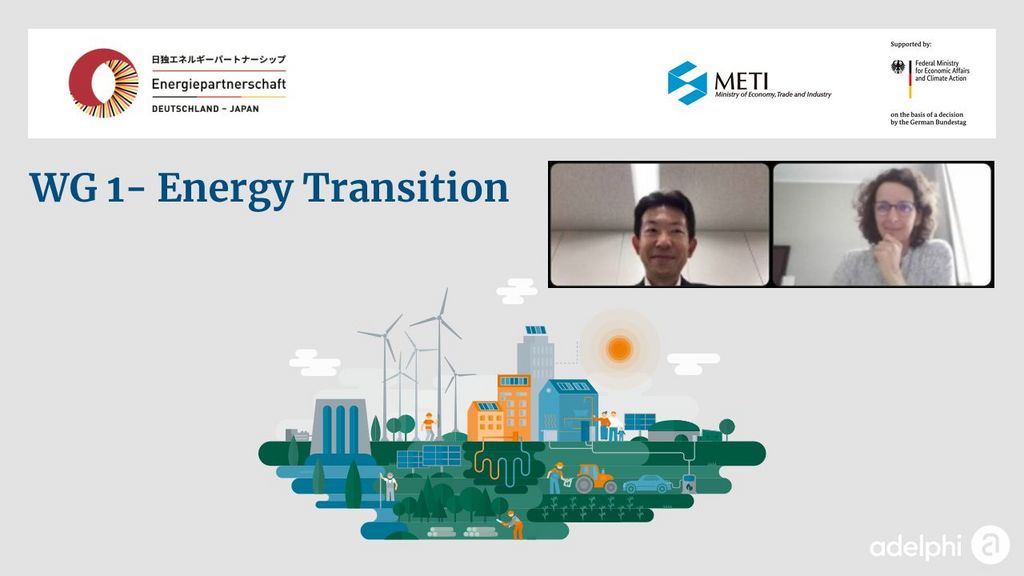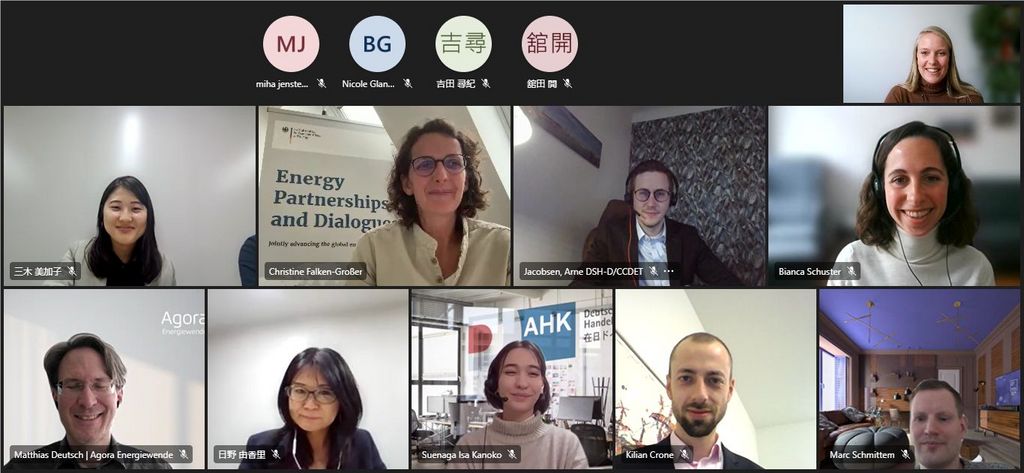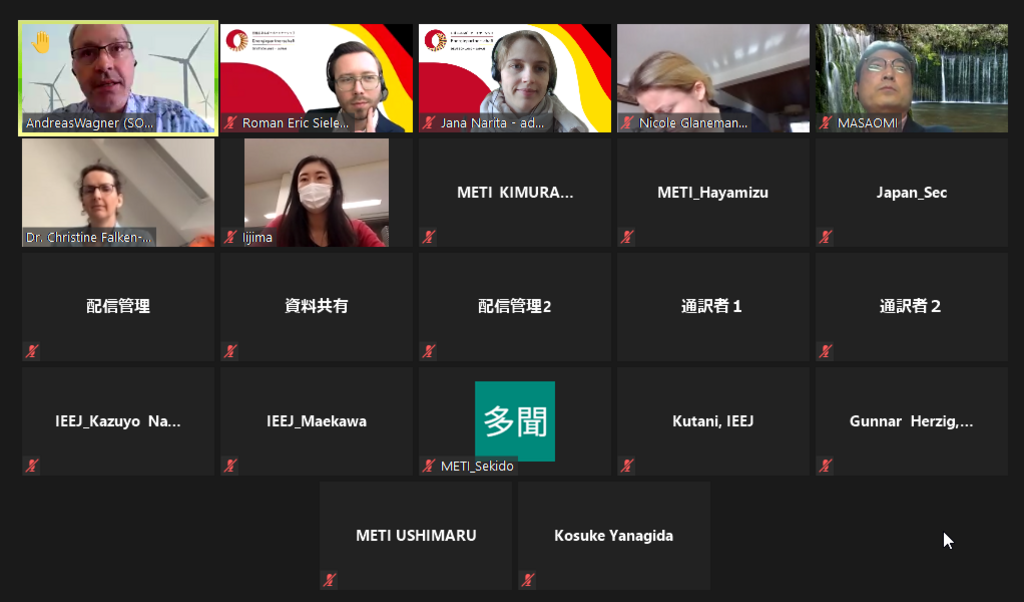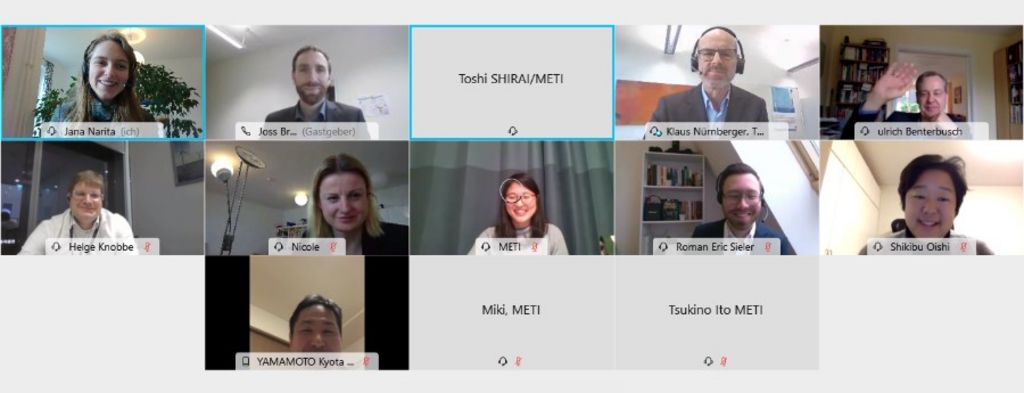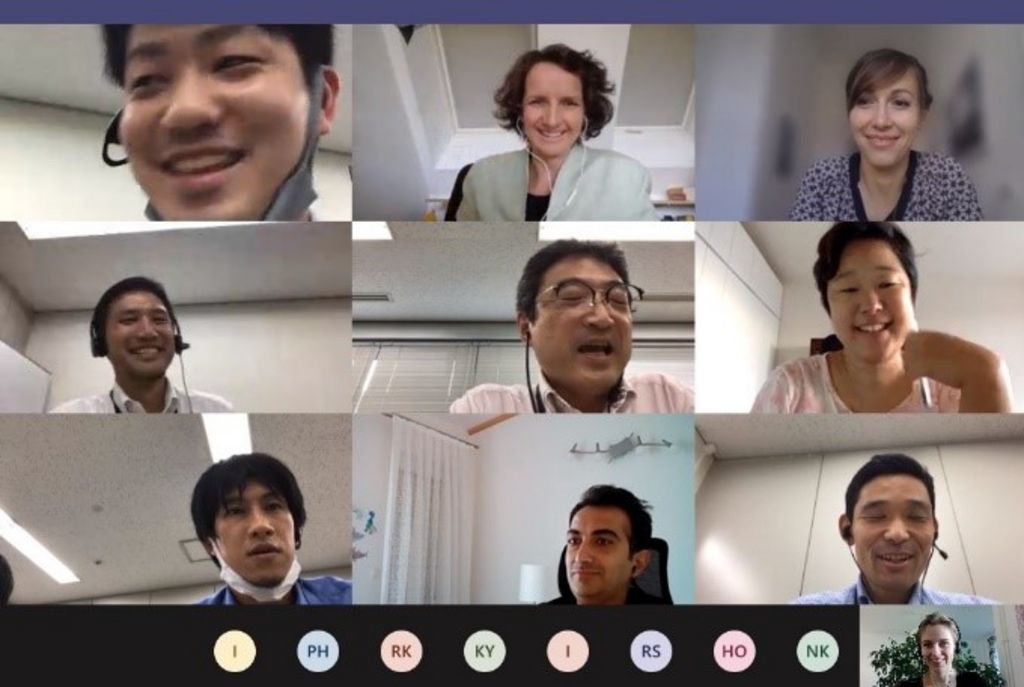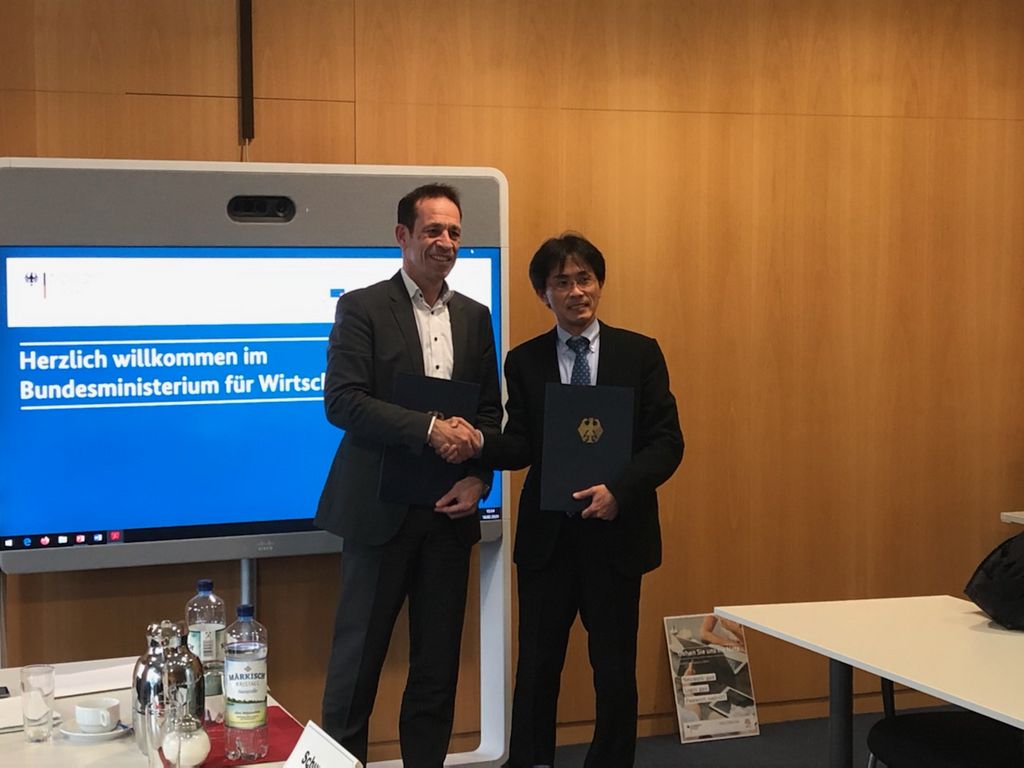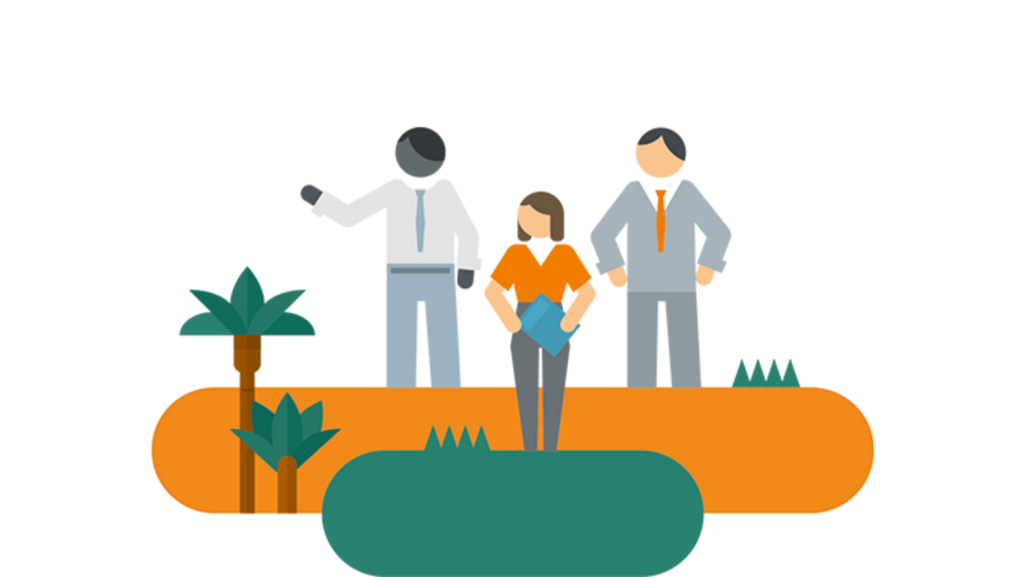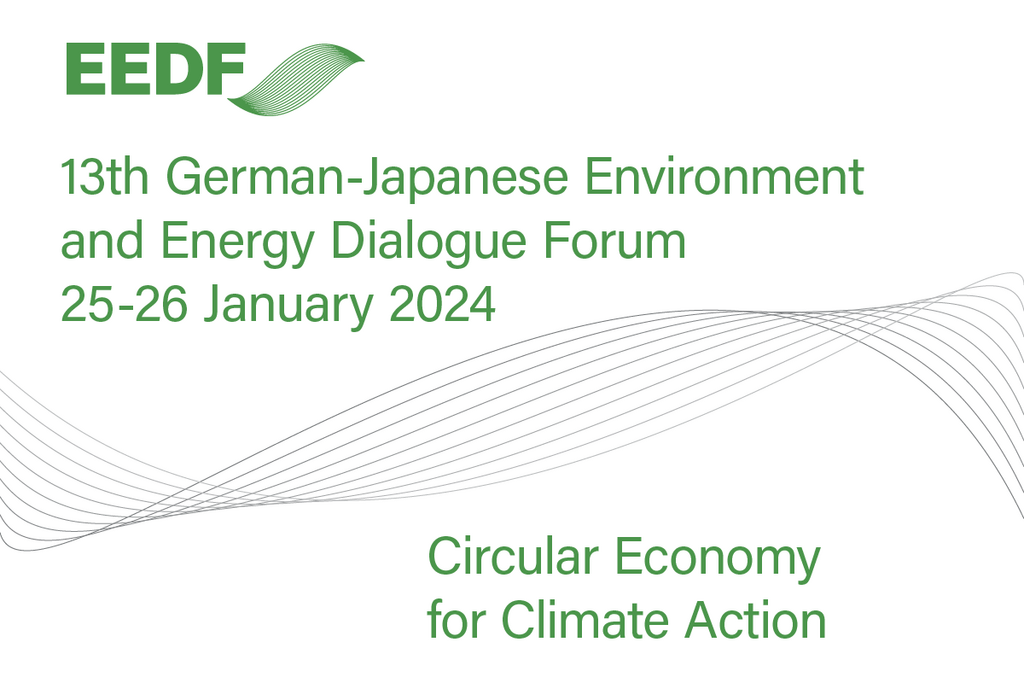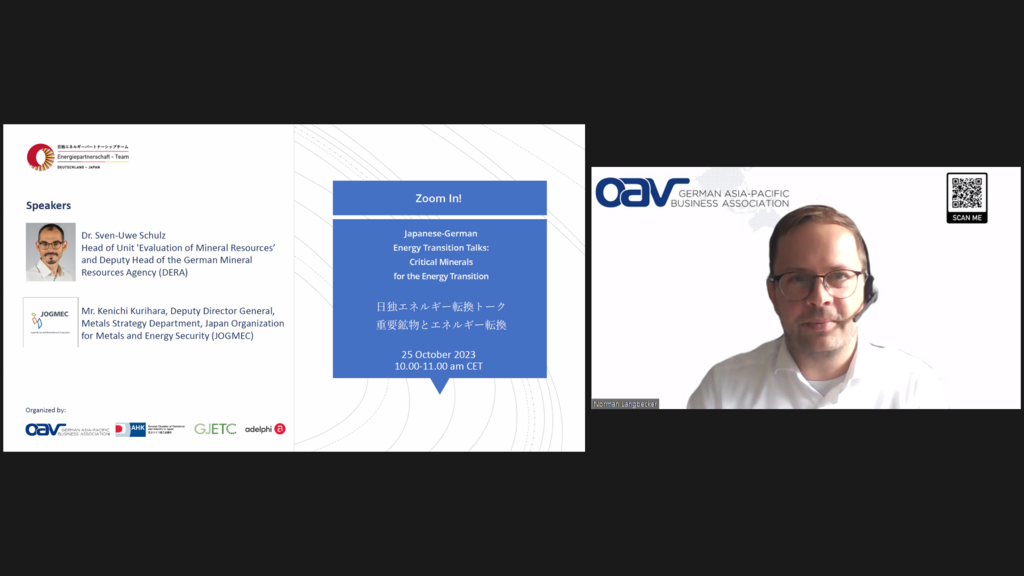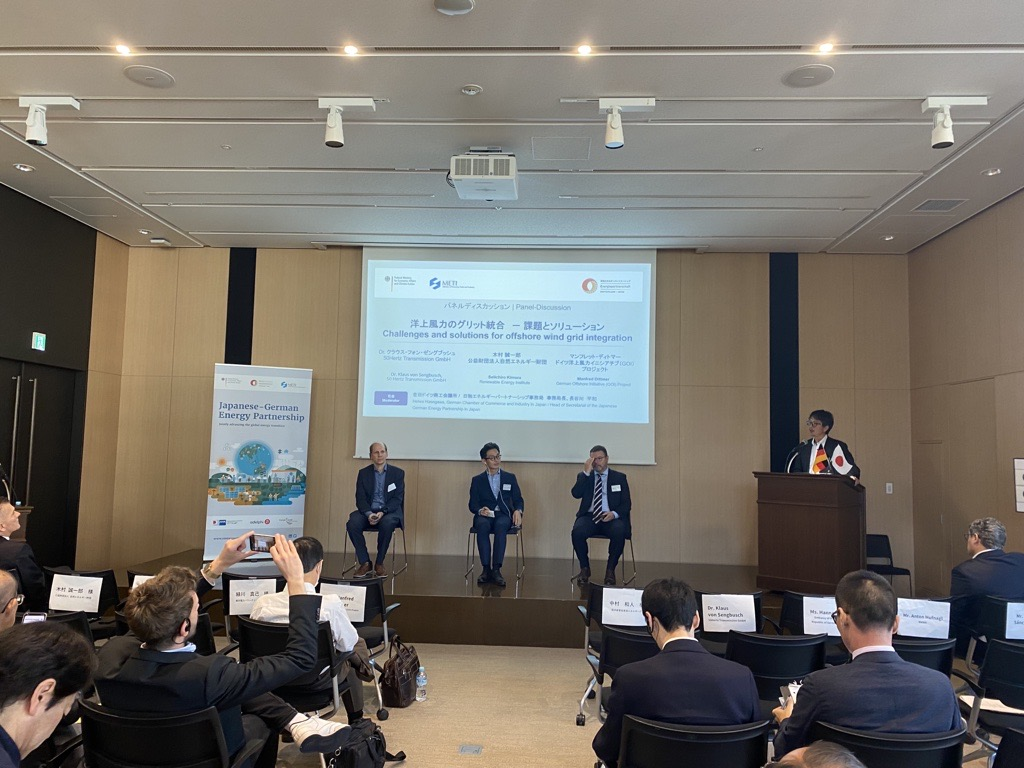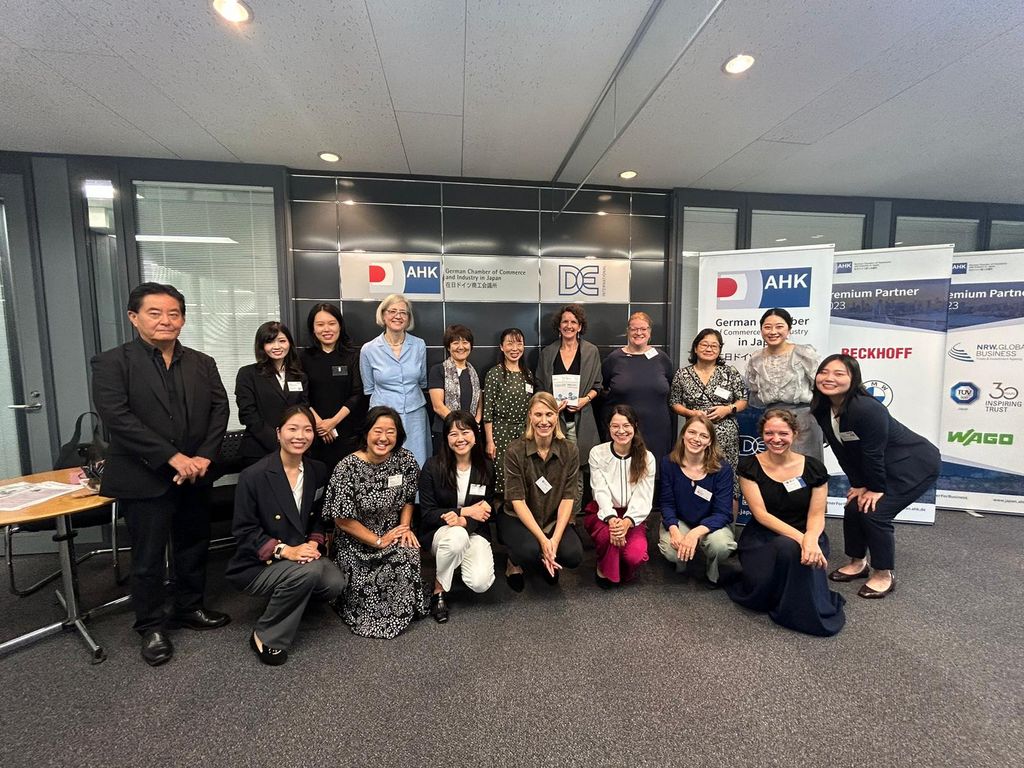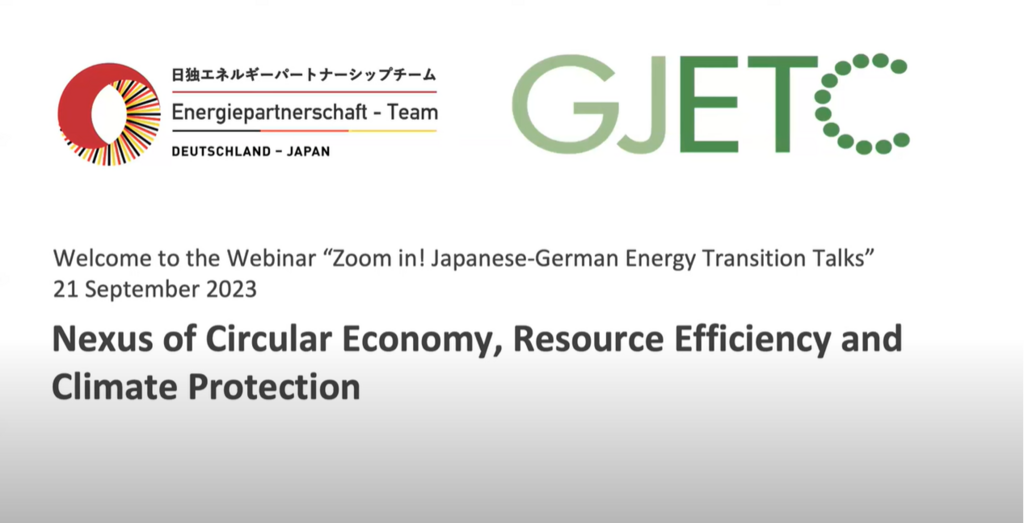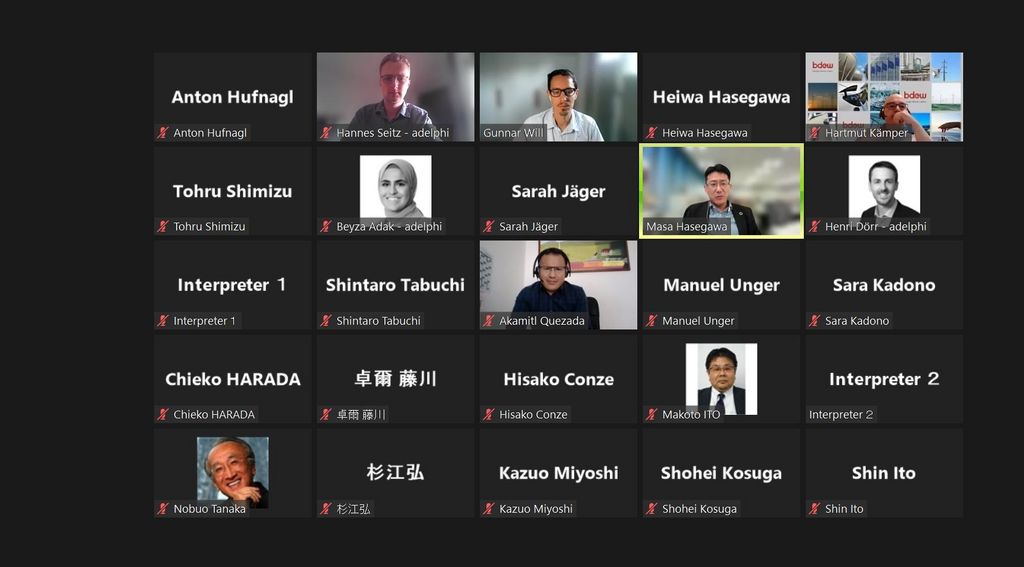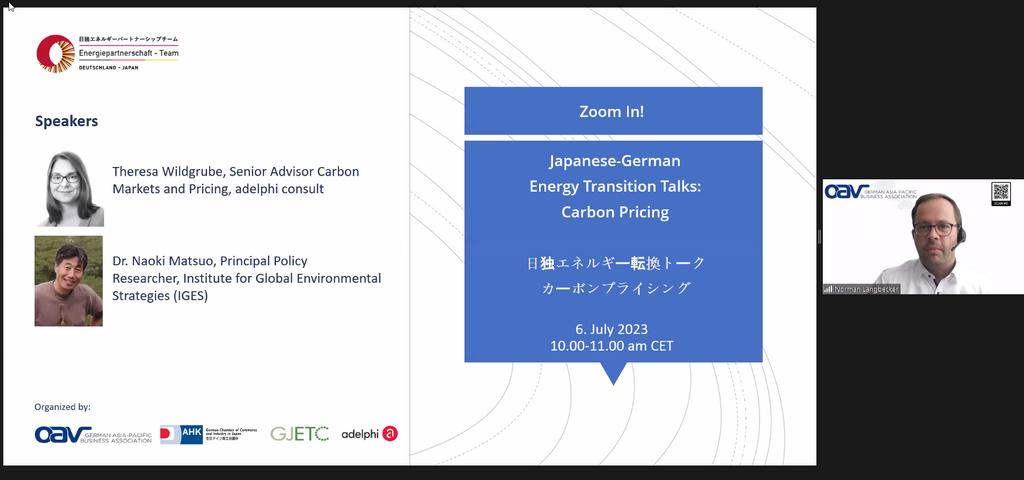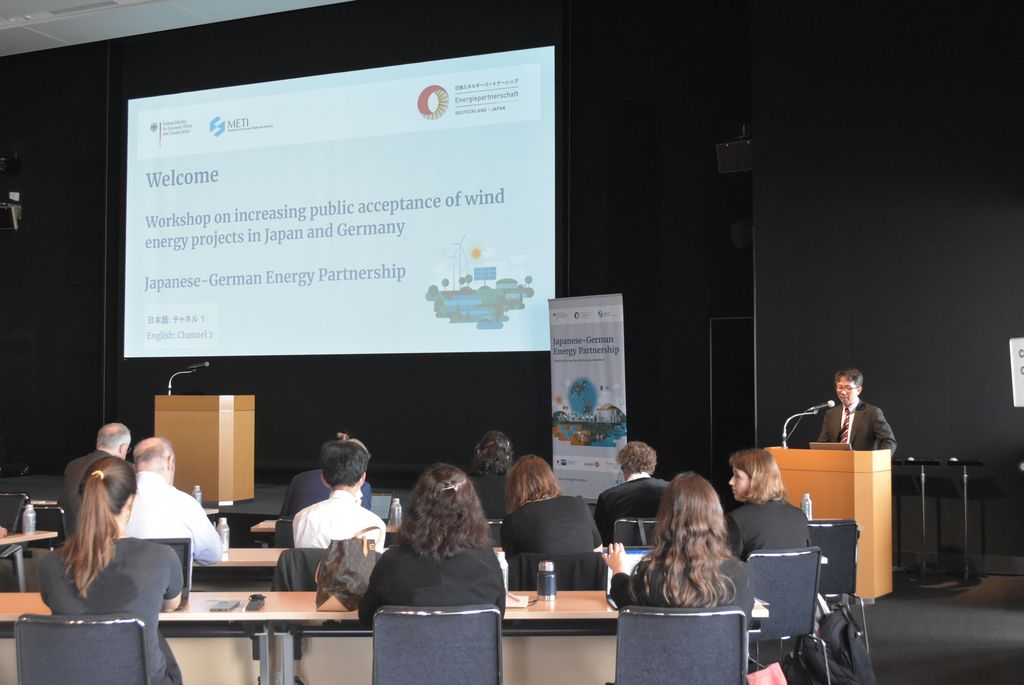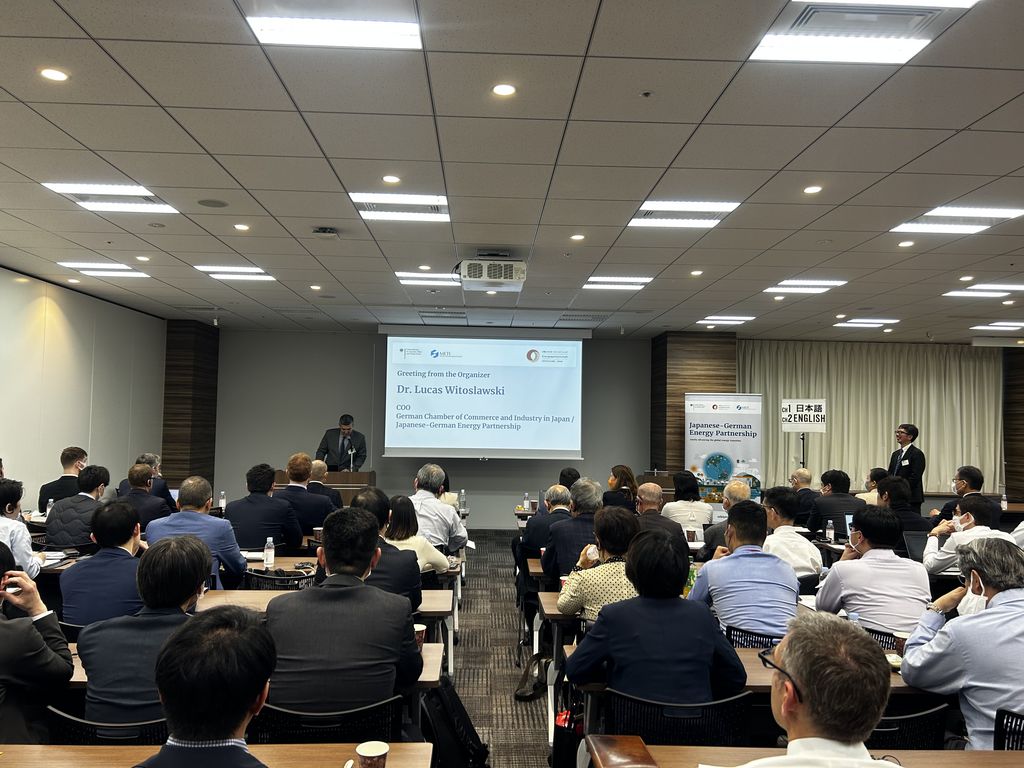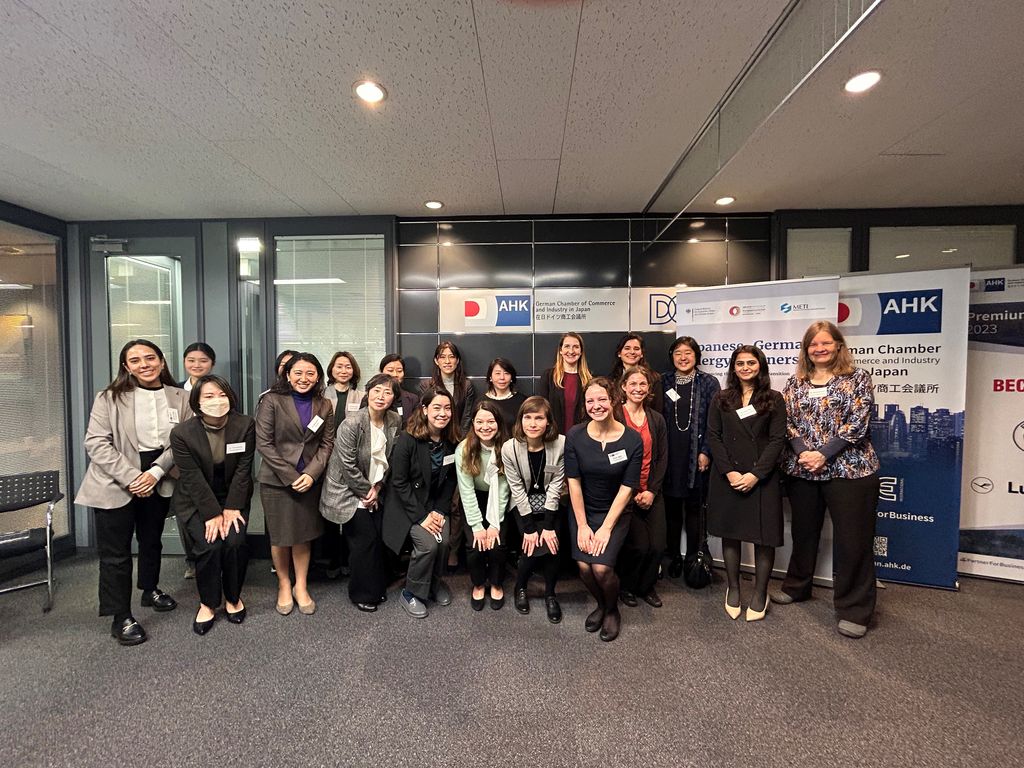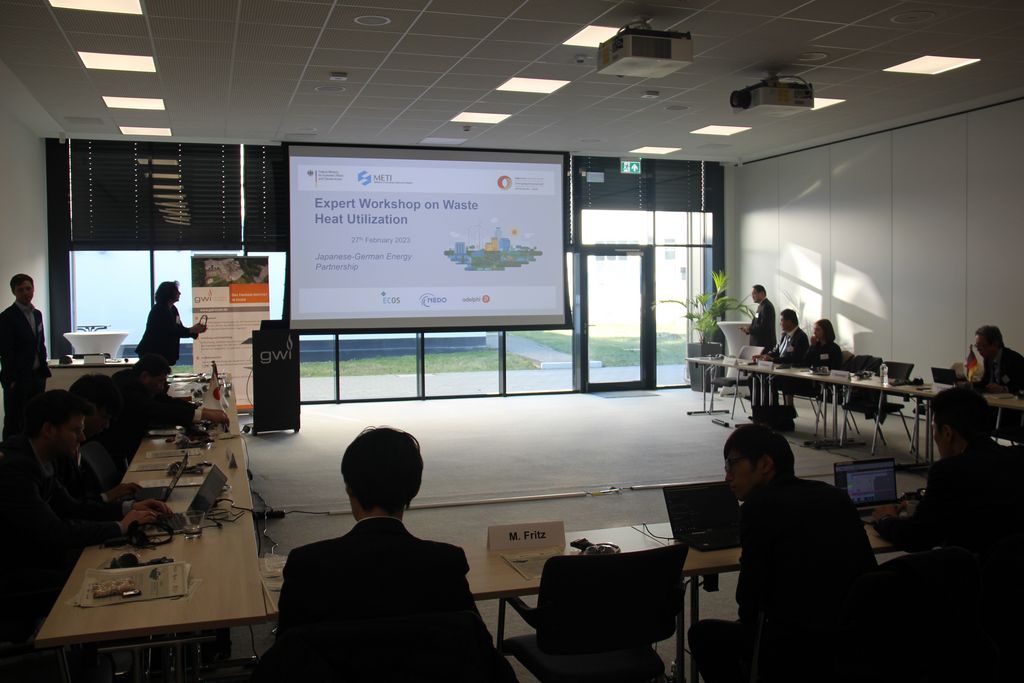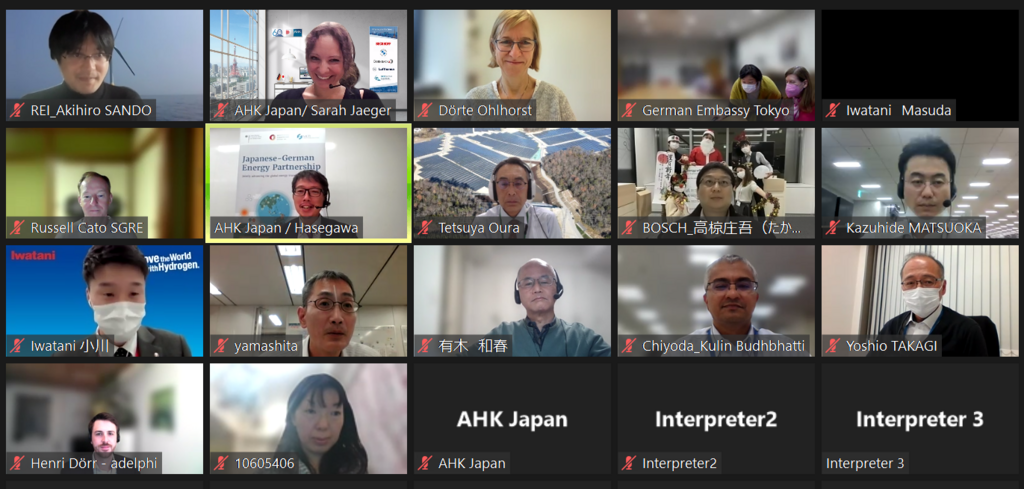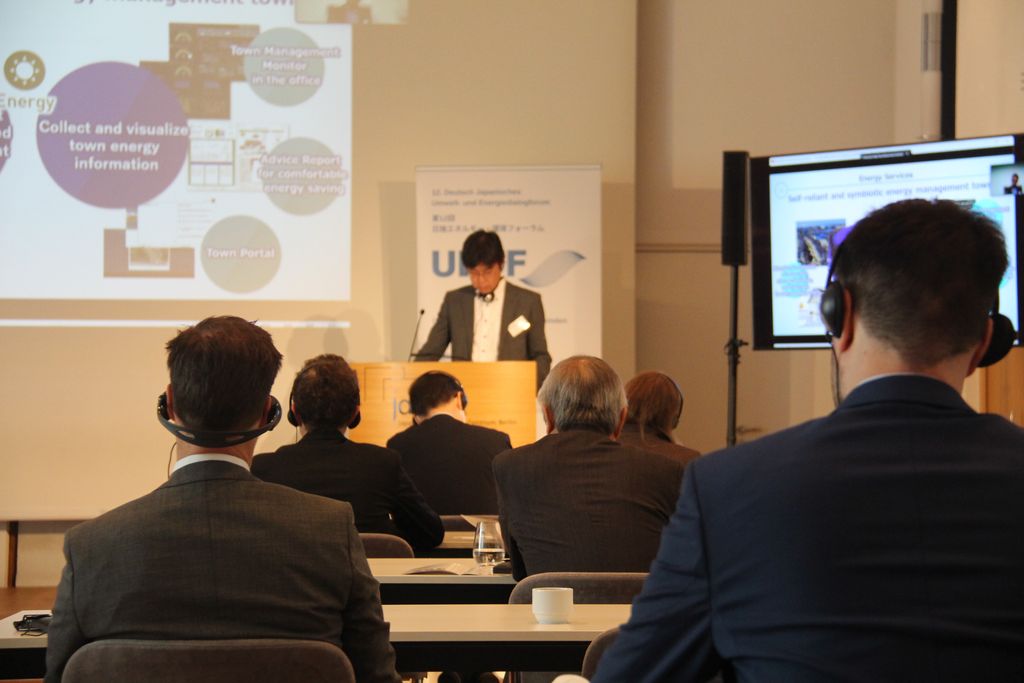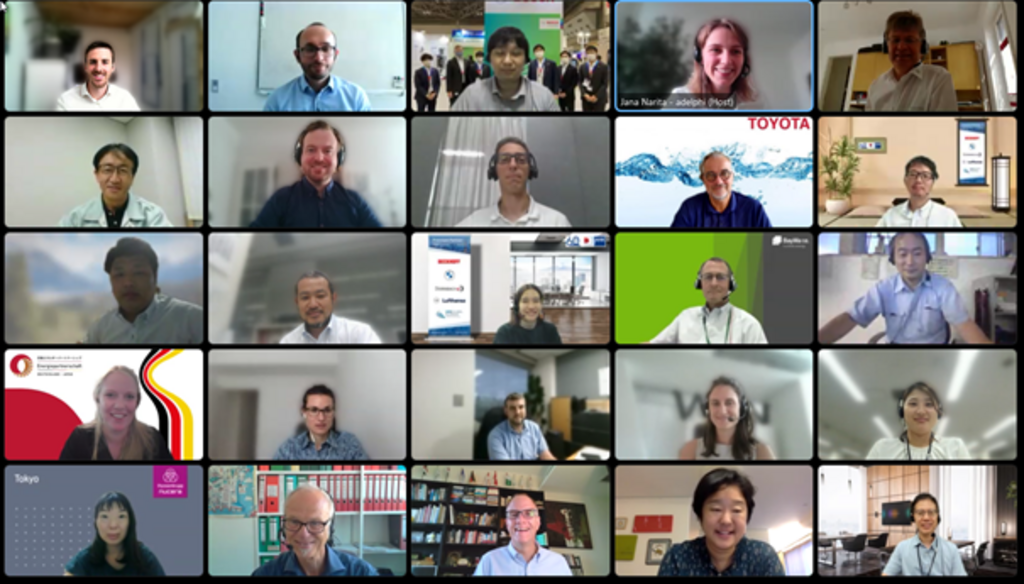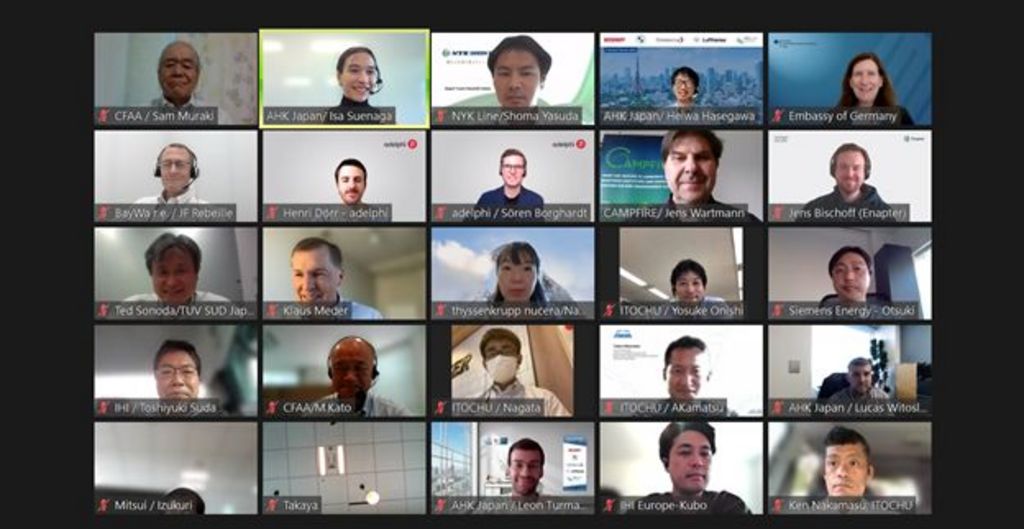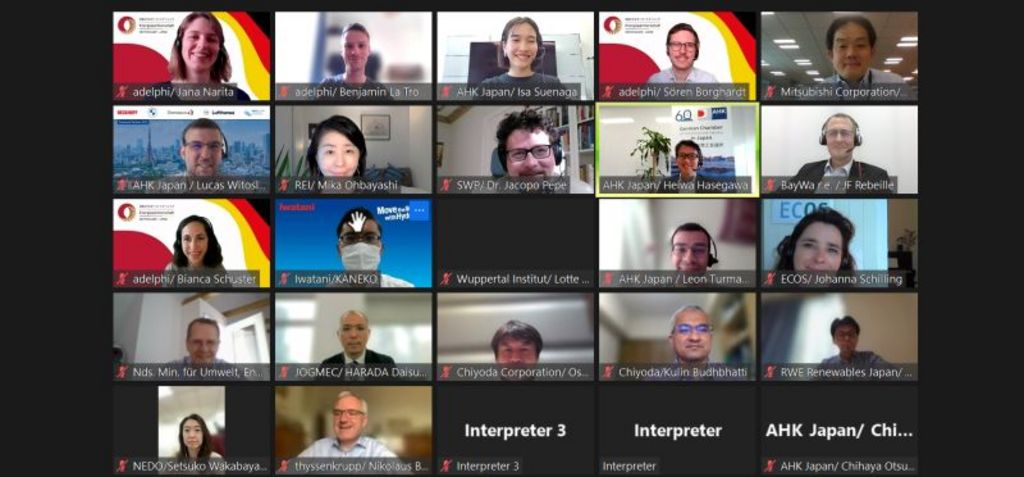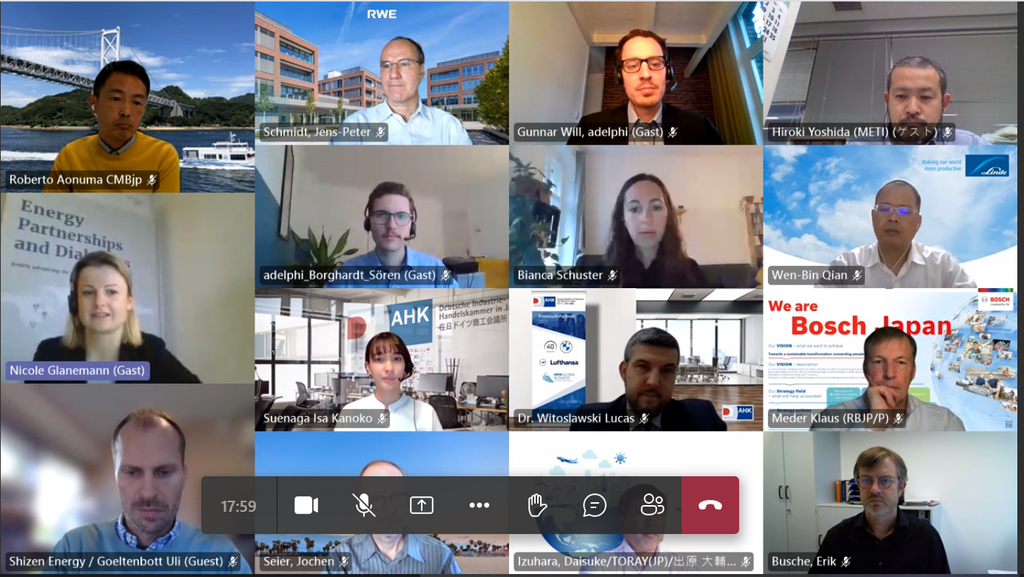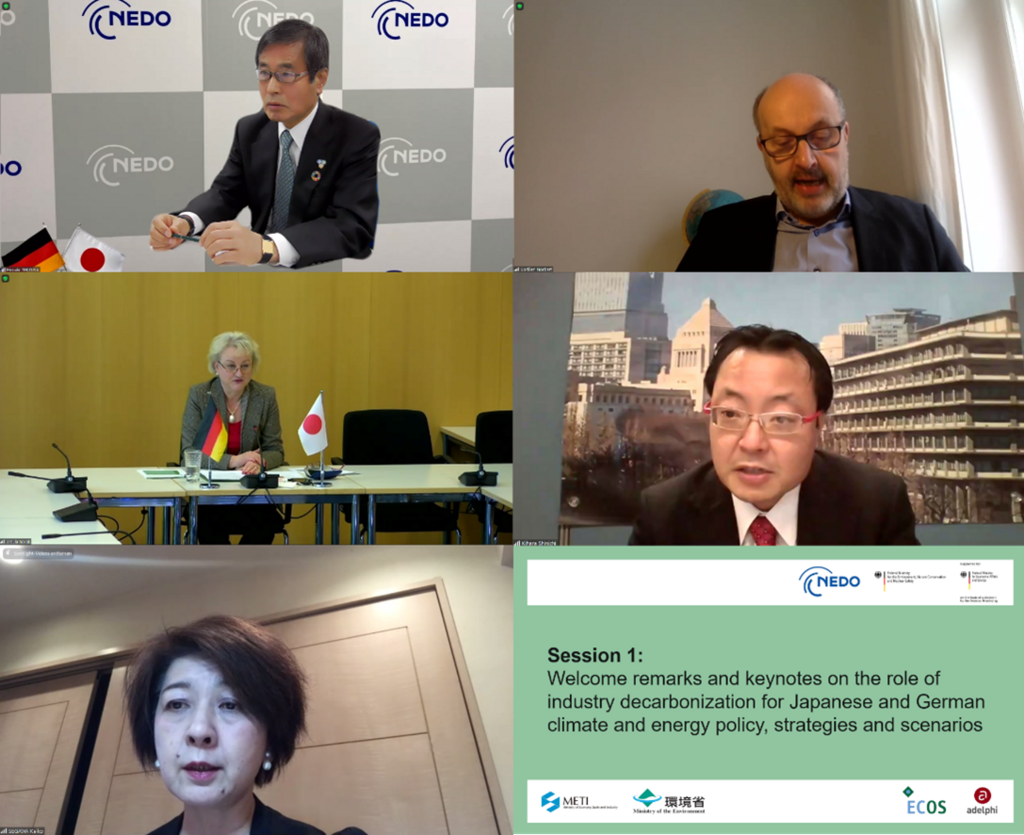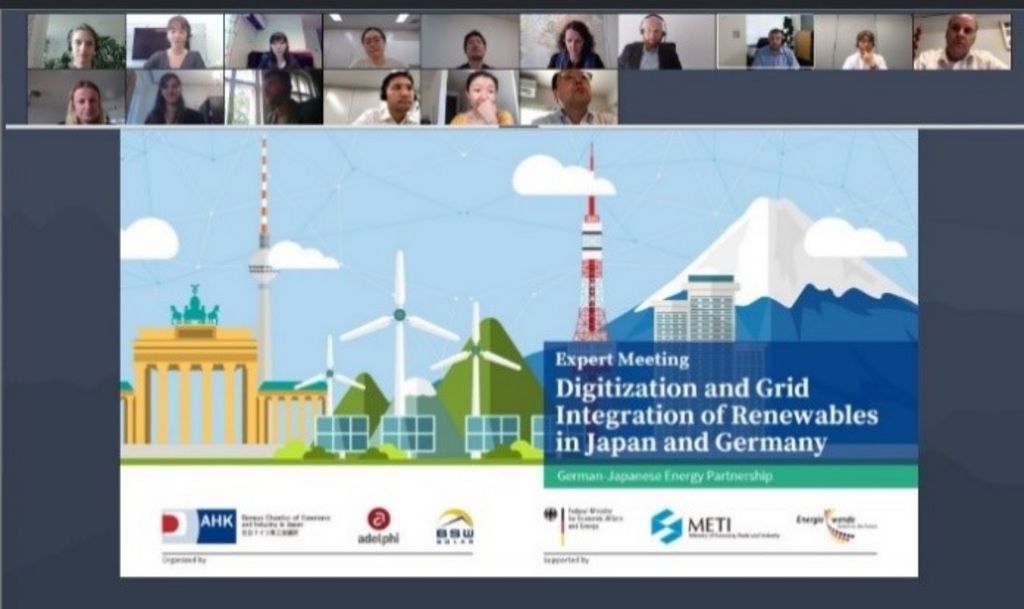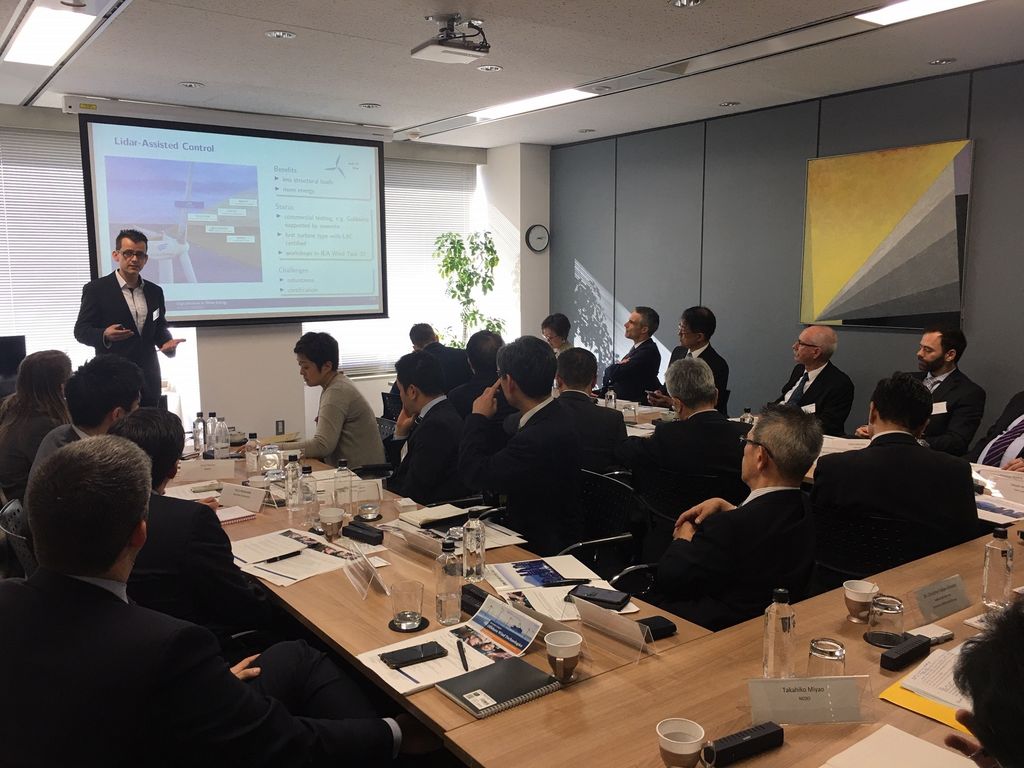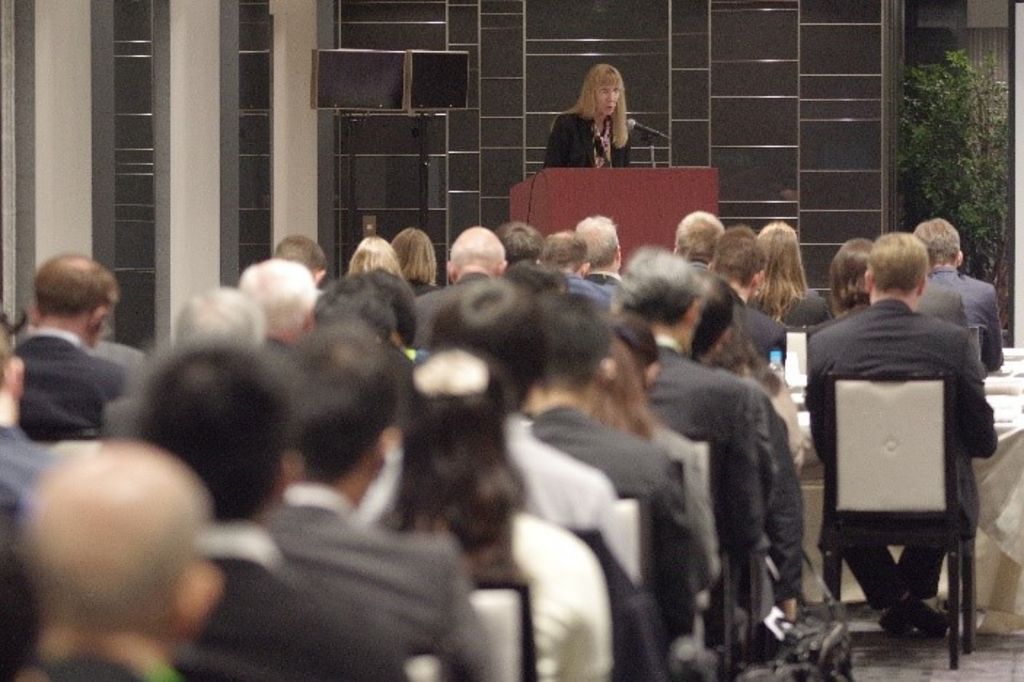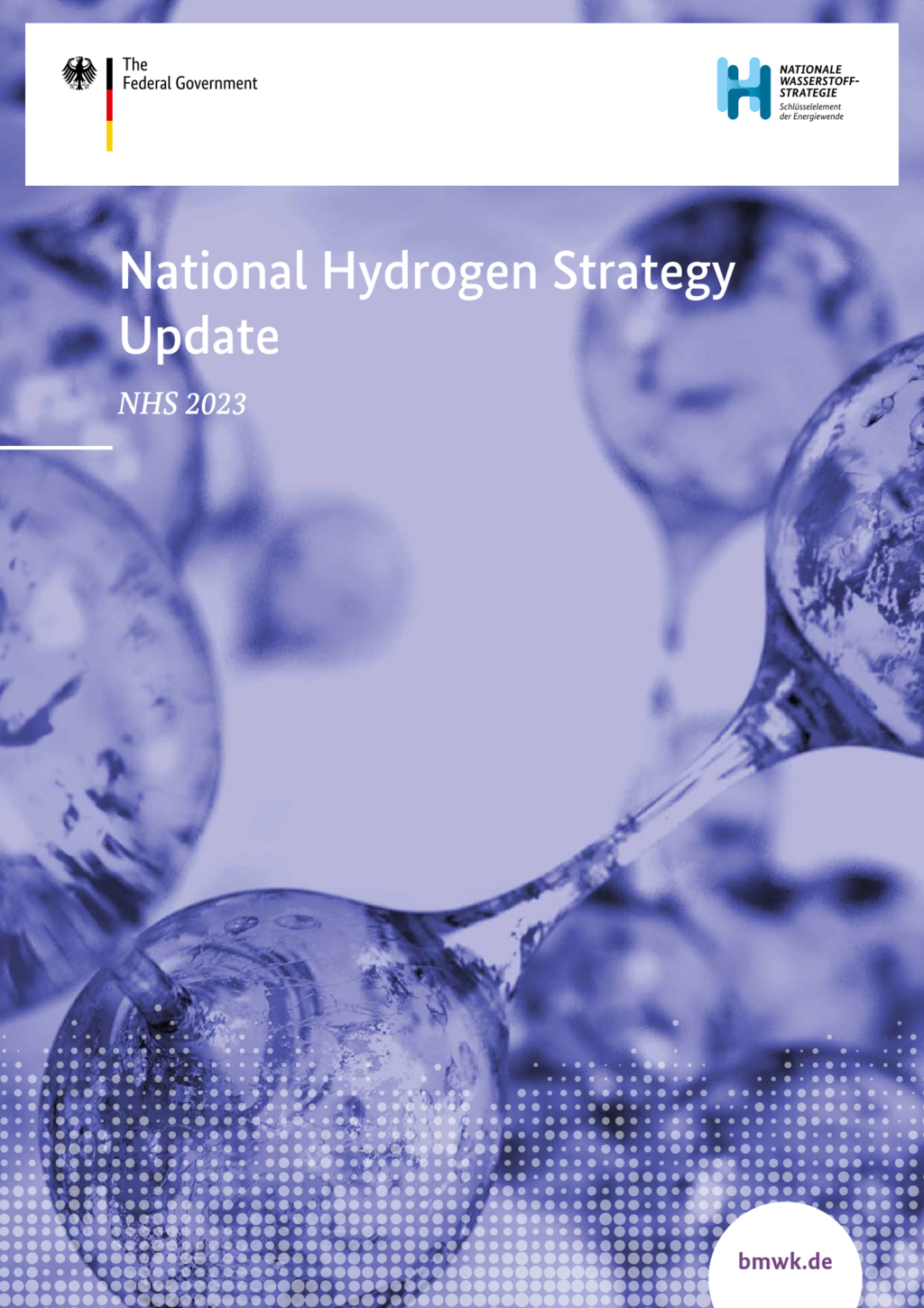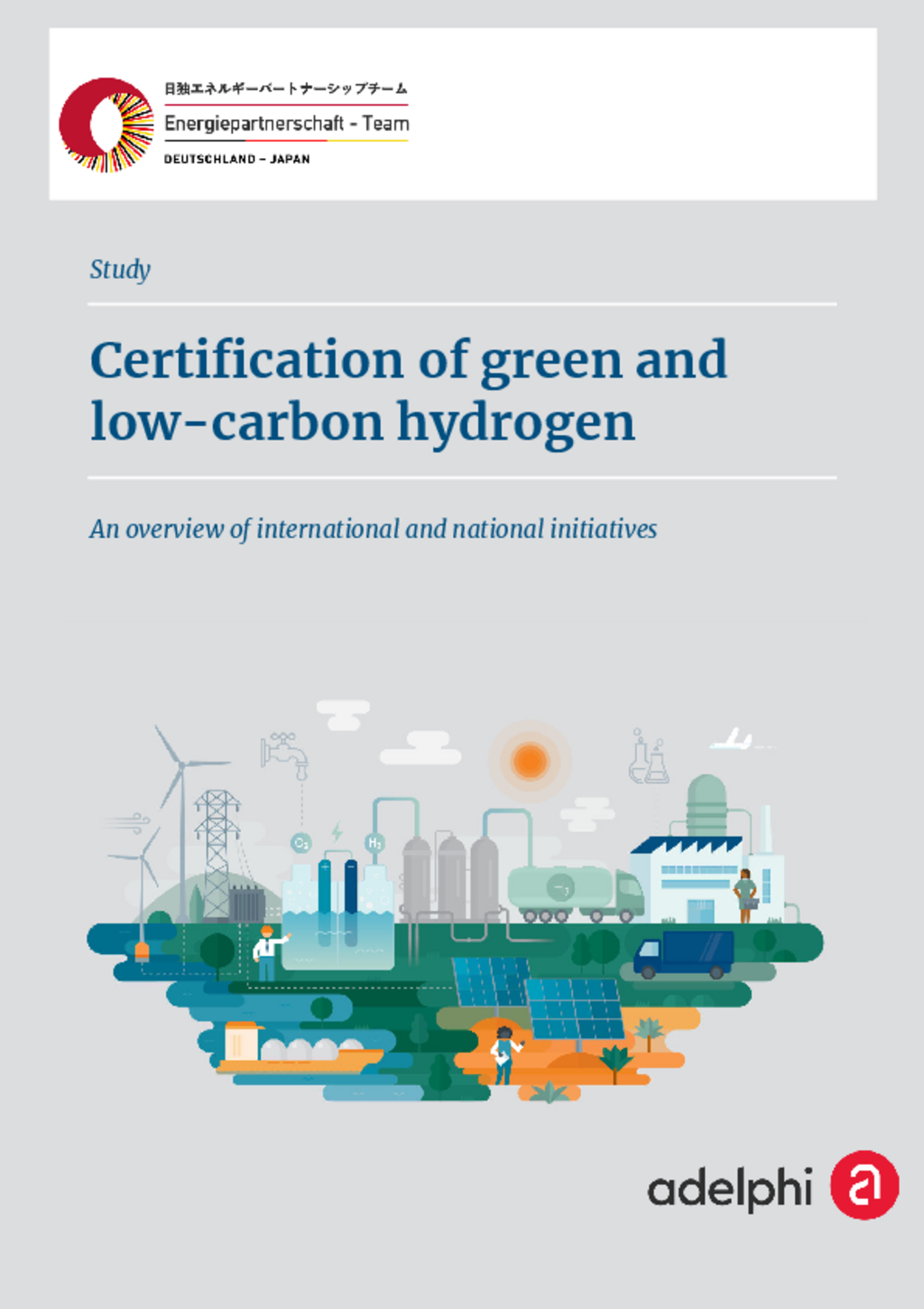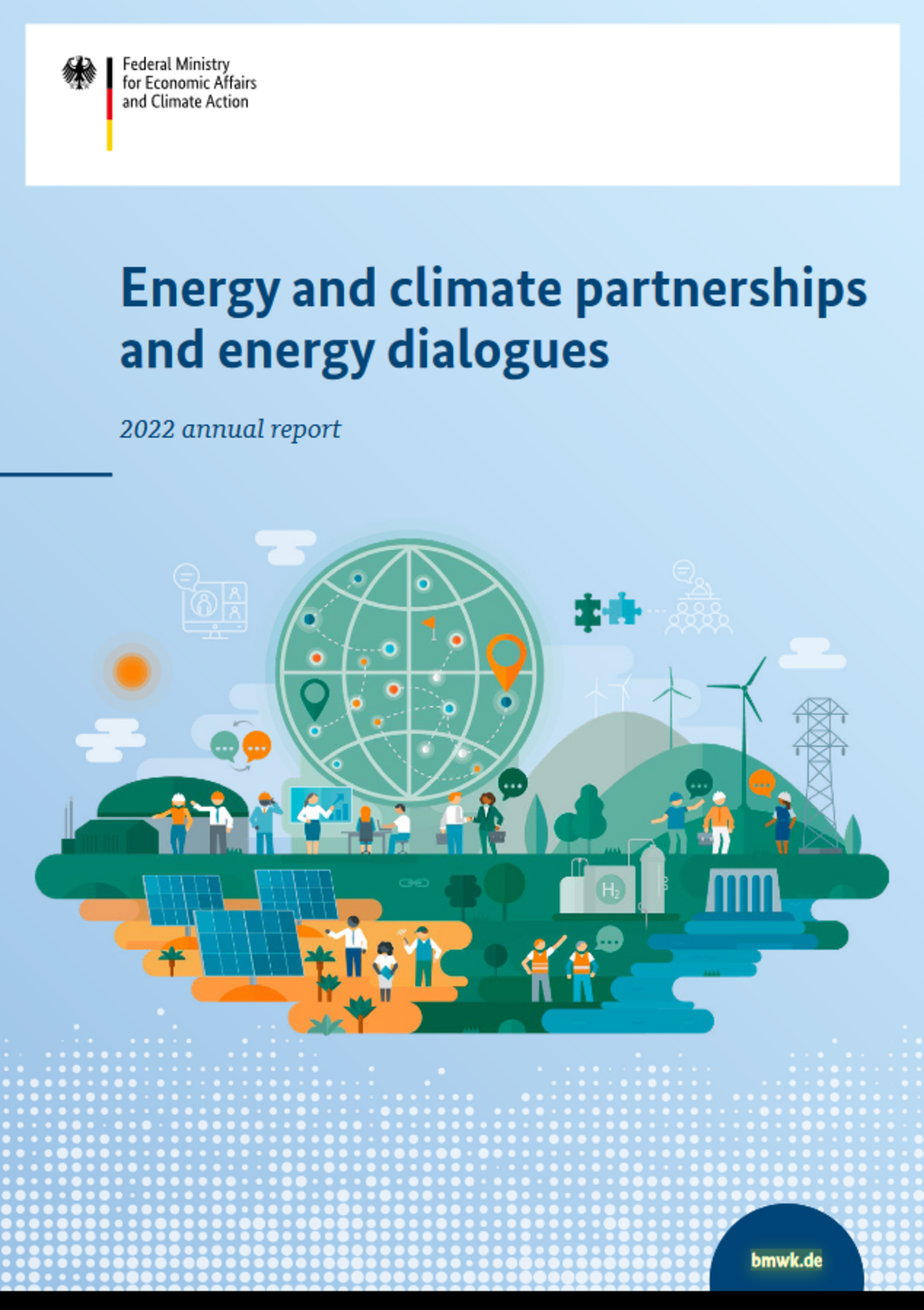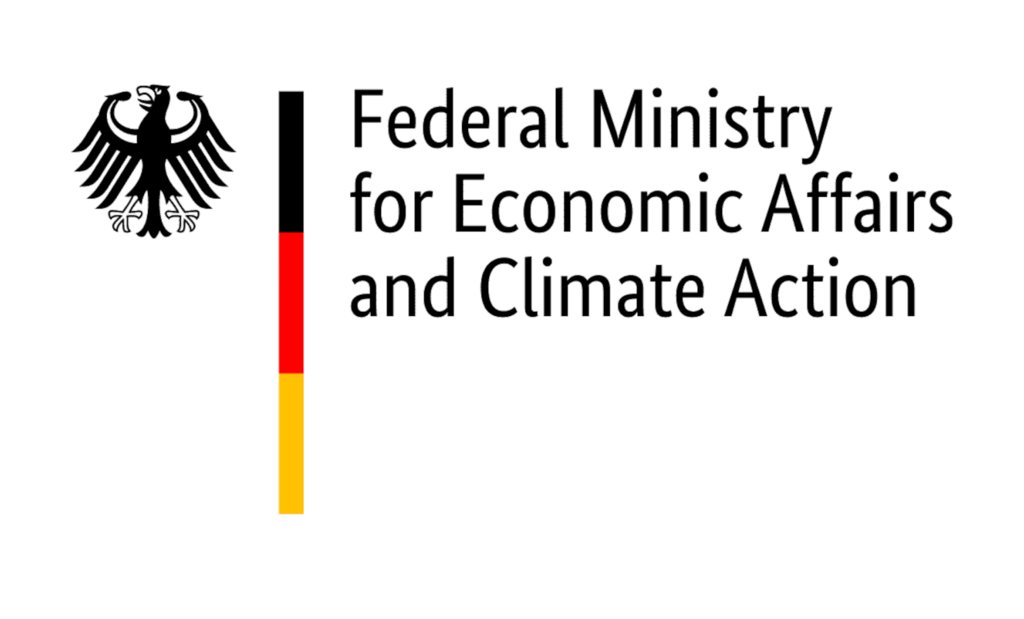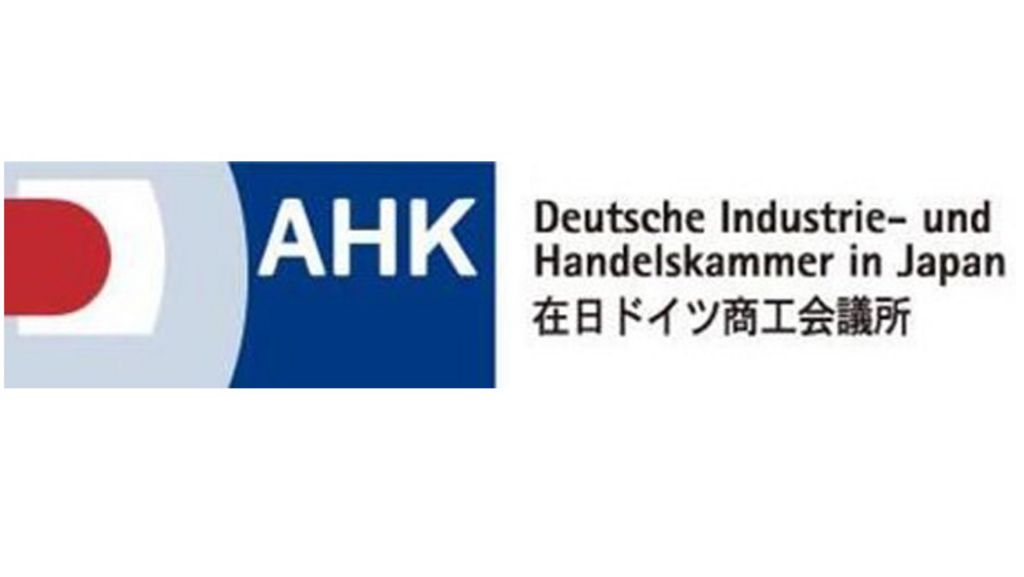The Japanese-German research trip on green hydrogen, including several site-visits, started on February 27 with the 3rd meeting of the hydrogen working group of the Japanese-German Energy Partnership at BMWK in Berlin. Dr. Christine Falken-Großer (BMWK) welcomed the Japanese delegation with her counterpart Tomahiko Adachi (METI) to discuss recent developments in hydrogen policy and past and future activities of the working group. The morning session was dedicated to recent developments on hydrogen policies in both countries, an update on H2Global, green hydrogen certification and regulatory framework conditions for hydrogen usage. The focus of the afternoon session was on different use-cases and no-regret applications for hydrogen in different sectors, such as green steel and hydrogen mobility. Future discussions of the working group will include different financing mechanisms, hydrogen transport and infrastructure as well as a deep dive into the decarbonization of the steel and chemical industry. On February 28, the research trip continued with several exciting site-visits to exchange on and gain practical insights into German hydrogen technologies and projects. The day started with a visit and tour of the HydrogenLab at Fraunhofer-Institut für Windenergiesysteme (IWES) in Leuna, which serves as a research unit for electrolysis tests and also included a specific in-depth explanation on the on-site Sunfire GmbH high-temperature elctrolyser. The second visit to the Fraunhofer Center for Chemical Biotechnological Processes (CBP), focused on the combination of biotechnological processes with chemical processes, for example, Power-to-X. The informative day ended with a visit to Graforce GmbH which offers promising power-to-X modular plants for the generation of CO2-free or CO2-negative hydrogen and synthetic raw materials. March 1st concluded the research trip with meetings of two innovative players of the German hydrogen industry landscape. In the morning, the delegation received an in-depth presentation on the different H2-solutions of the APEX Group for Ptx, H2-mobility and H2-storage and transport solutions, followed by an insightful tour of the company’s own hydrogen power plant located in Rostock-Laage and their H2-refuelling station. In the afternoon, representatives of EXYTRON Vertrieb GmbH, located in Rostock, provided insights on their patented power-to-X-energy systems and explained how a hydrogen-based, emission-free and self-sufficient energy supply can be realized for residential quarters, commercial and industrial facilities and even entire city districts.
